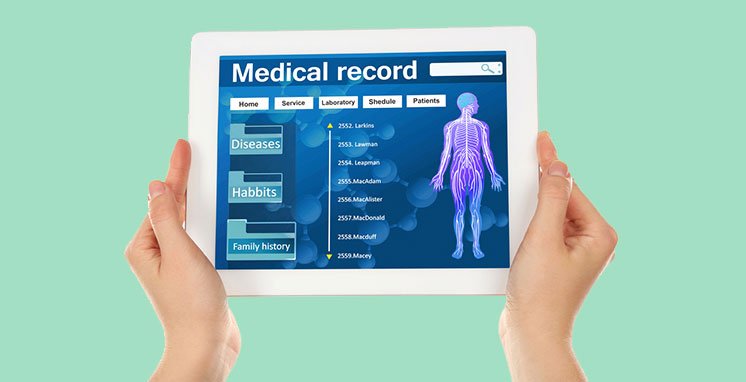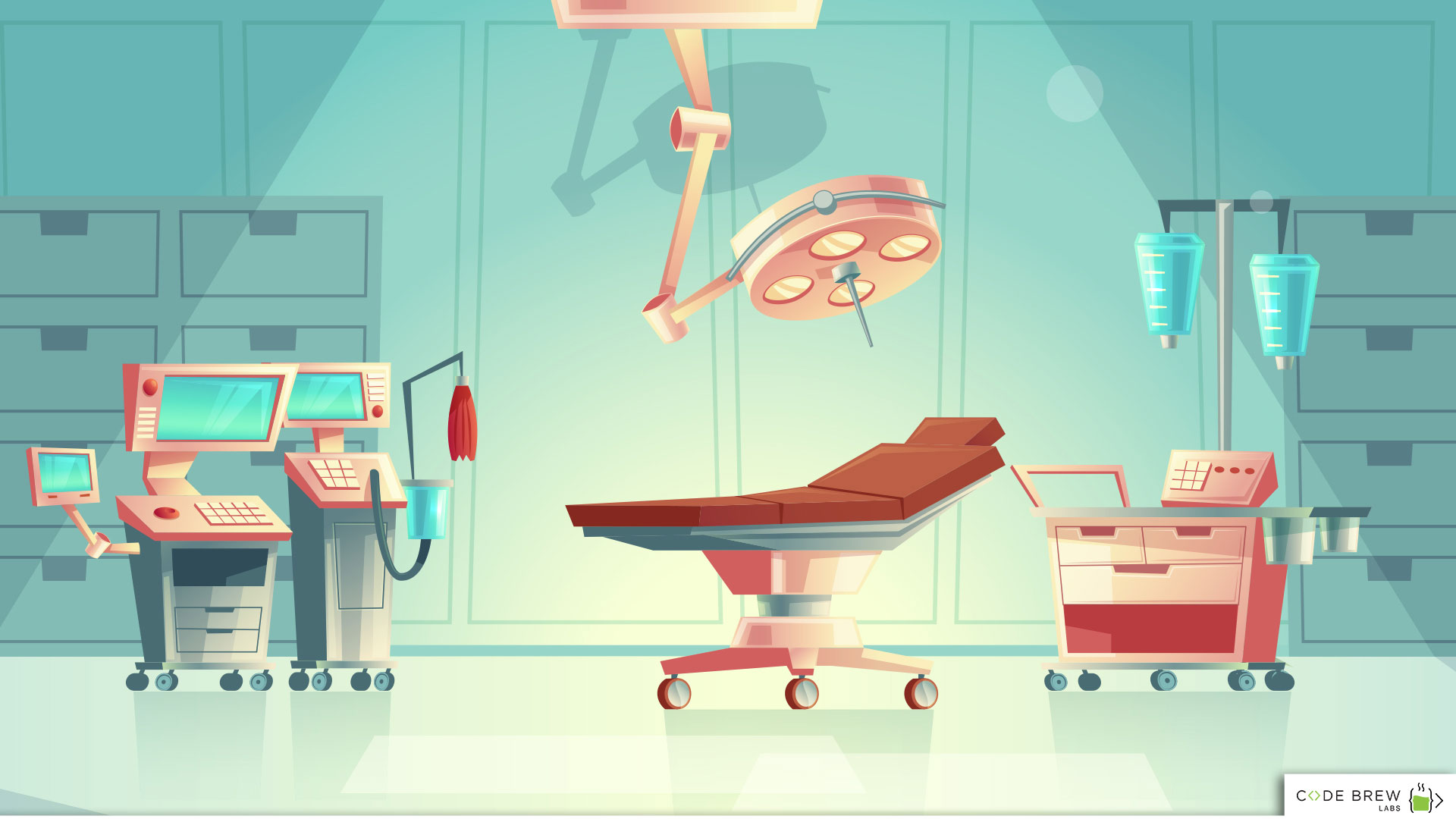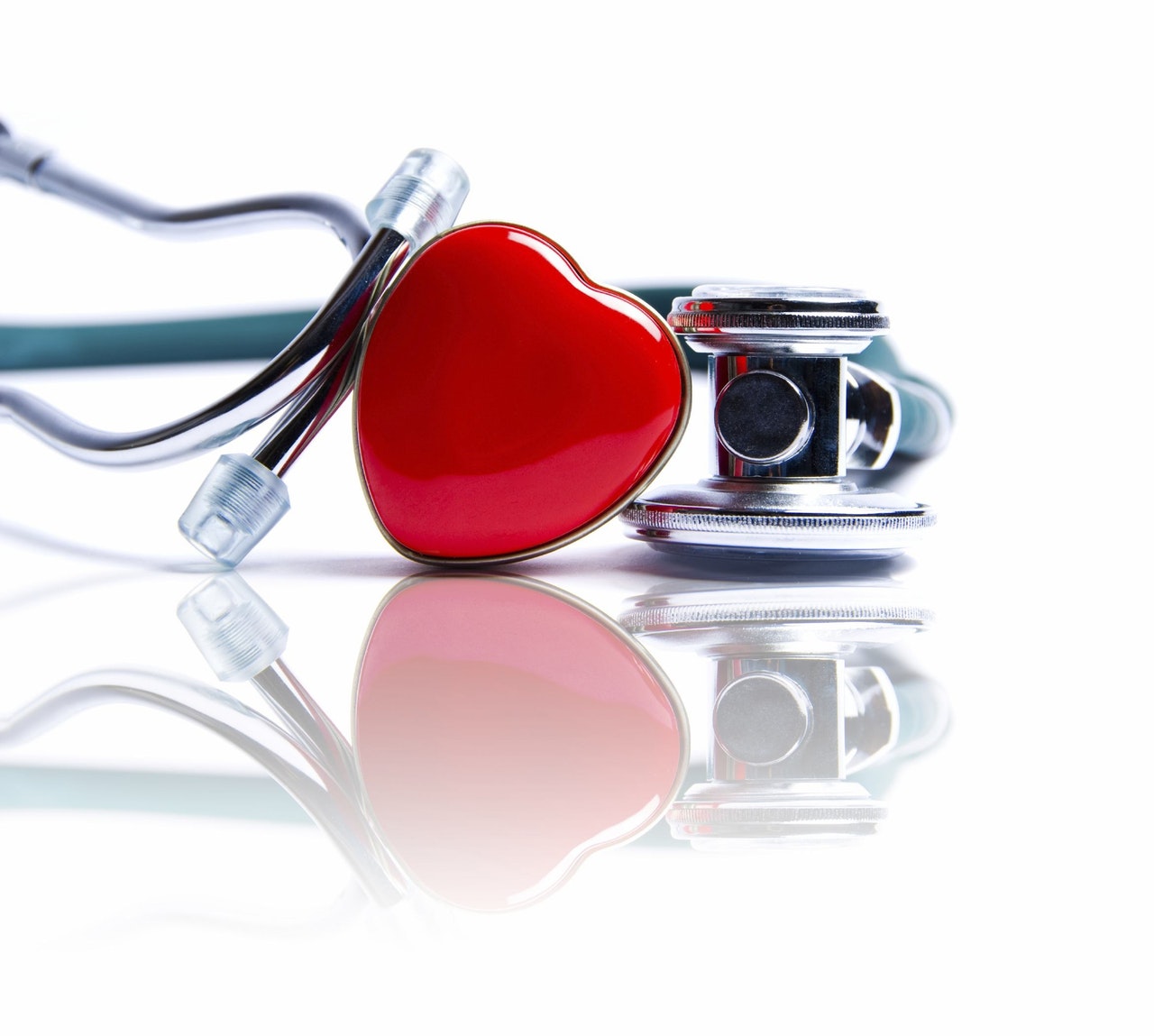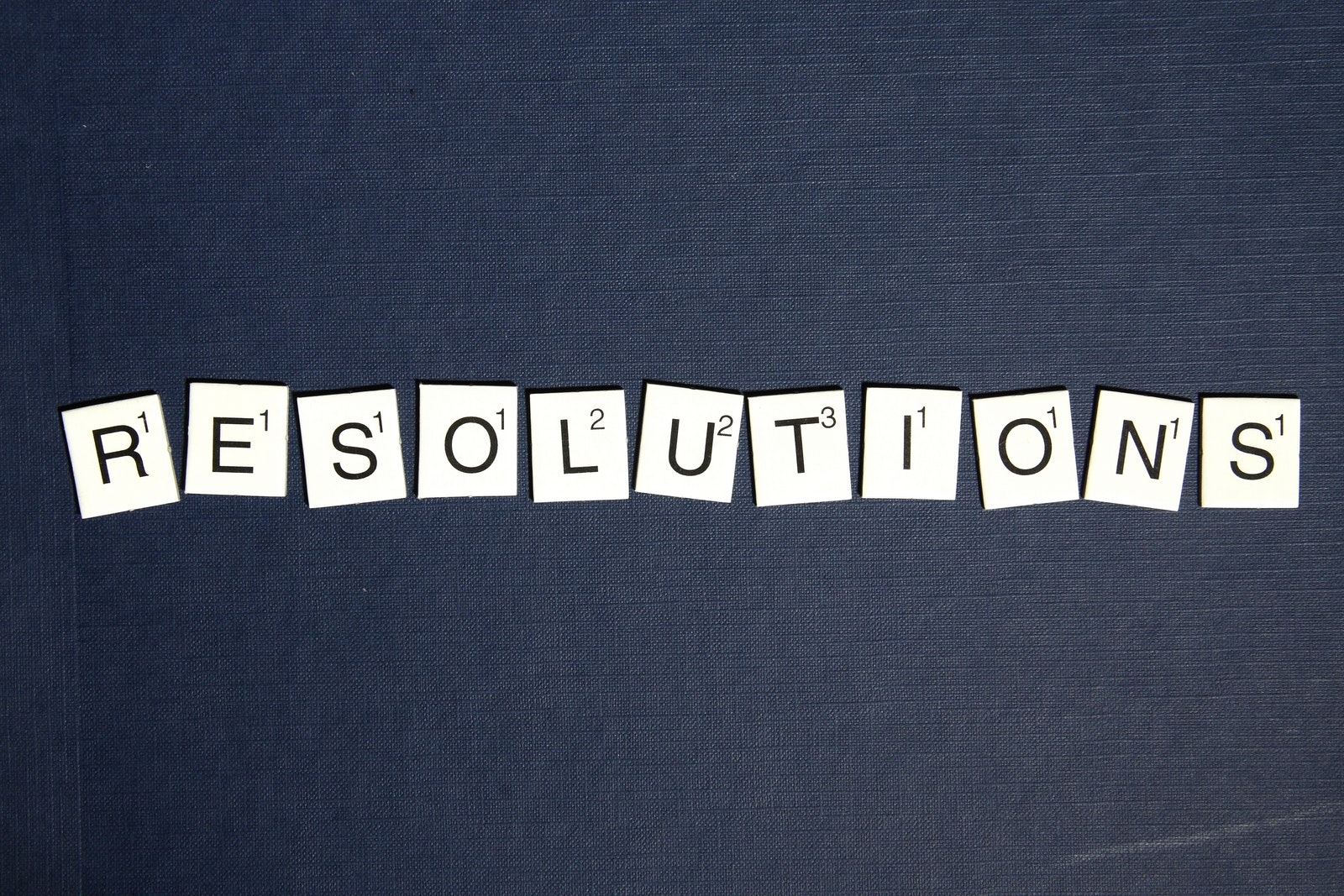The incessant pace of technology has revolutionized a great many industries. Healthcare is no alien to that change. Groundbreaking advances in technology have drastically improved Healthcare as we knew it back in the 20th century and before that. The fall in mortality rates and a much-improved patient care are the sweet fruits of that labor.
It must, however, be noted that healthcare professionals and various traditional practices have had to be adjusted to be brought in sync with technology. As new innovations come, that challenge of adoption is always going to be on the radar. Therefore, we must be vigilant about how various technologies impact this industry. Read on to learn more about the latest innovation
The Digitalization Of Health Records

The role of Electronic Health Records in totally replacing the paper records has been a welcome change for allied healthcare professionals around the world. Now nurses and technicians can go ahead and directly feed patient data into the digitalized system. As for as the admin side is concerned, medical billers along with coders make use of EHRs to schedule appointments, update patient records with diagnostic codes and submitting medical claims.
Following are some of the key benefits of EHR technology in healthcare:
EHRs come in really handy when physicians are examining patients who might have a previous history of allergies or intolerance to some type of medicines. Furthermore, EHRs are very easily accessible in any medical facility.
Better Public Health
EHRs offer a wealth of important data to clinical researchers, which is fundamental to making more advances in healthcare and treating complex or less understood health disorders. In addition to that, a central and standardized system all across the healthcare industry goes a long way in issuing rapid alerts with regards to viral or bacterial infections. Such practices will offer expert insight into how potent and widespread an outbreak is, allowing, in the process, preventative measures to be introduced at a much quicker pace.
Ease of Workflow
The work of Medical billing personnel and coders is impacted immensely by EHRs. The spike in medical codes, jumping from 13,600 to 69,00 would justify that fact. As opposed to construing that as a burden, one has to look at the range of benefits EHRs has to offer:
Feeding data into computer systems is a without doubt more convenient and time-saving as compared to the traditional paper-based methods. The claim that it reduces the errors in patient data and various other financial details is widely supported. Getting access to patient records digitally using smart and portable devices such as tabs is also much easier and results in work efficiency and productivity.
Big Data And The Cloud

Big Data is a word that’s bandied around a lot in the tech spheres. The term refers to the copious amount of data gathered from a variety of sources and then processed for use in analytics. For an industry such as Healthcare that deals with the public at a large scale, the importance of collecting and storing data is of huge import. Passing this information to the right people i.e. analysts and experts can prove beneficial in a variety of ways:
Cost Reductions
Making predictions about epidemics
Improving the quality of life
Reducing wastages
Improving workforce productivity
Making new drugs & treatments
As we move towards EHRs for fast, cost-effective and scalable solutions, our data storage needs will reach unprecedented proportions. The answer in that situation will lie in Cloud.
What’s Cloud Computing?
Cloud computing is one of the most remarkable technologies in the modern world. Cloud makes use of hardware and software to offer services via the internet. That ensures health professionals and patients are able to access all sorts of files and data using internet-enabled smart devices.
Improved & Safer Data Storage
Cloud has made it possible to store vast amounts of data at very low costs, minus the additional hardware and server expenses. As our reliance on EHR systems increases, Cloud storage stands to ensure data protection with strong backup and quick recovery services.
Improved Access To Big Data
Cloud is a fabulous tool for the medical research and at the same time sharing medical information. More and more healthcare IT professionals are now showing a heightened interest in it for data analysis and information exchange tasks. The sharing of big data also creates a fertile ground for developing life-saving medicines & drugs.
Mobile App Technology In The Medical Field
The popularity of mobile apps has seen them appearing in even the most unexpected industries. Healthcare itself has no shortage of mobile apps to assist patients and medical professionals. It’s estimated that there are as many as 100k healthcare apps available today and that number is constantly on the rise.
Where Do Mobile Apps Fit Into Healthcare?
Offering a great deal of flexibility is the most standout benefit of mobile health apps. They’re not overly costly yet allow healthcare institutions a chance to offer a wide range of services. Along with that, they offer a great medium for patients to keep up with their medical needs.
While some apps are created with the purpose of spreading information, others are built to act as a bridge between patients and care providers. Healthcare apps are making a difference in the following areas:
Chronic care management
Medicinal dosage management
Expert Medical reference
Diagnostics
Record keeping
Fitness & Weight Management.
Mental health
Final Thoughts
Well, there’s no doubt that the die has already been cast. Healthcare industry is undergoing huge transformation under the influence of technology. The health experts have no option but to embrace the power and endless capabilities that technology brings to their door. In time to come, we’ll find the more technology receptive healthcare institutions take the lead and produce highly talented medical professionals. With so much data in our hands, we may even get very close to understanding and curing the incurable ailments known to humanity.






